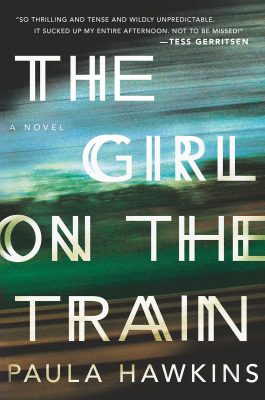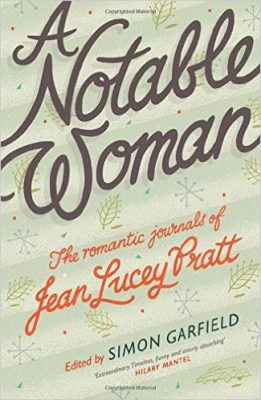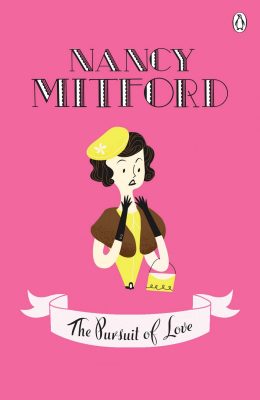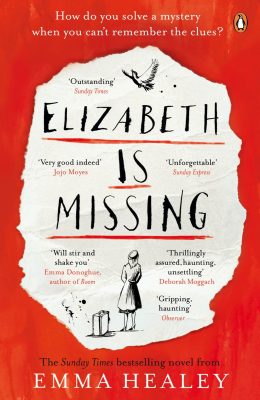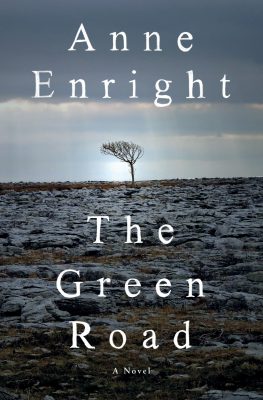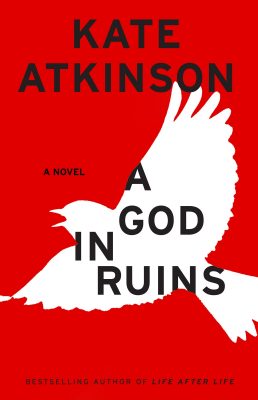It’s been nearly 20 years since Francine Prose investigated whether ‘women writers are really inferior’, in her explosive essay Scent of a Woman’s Ink. But, is there still sexism in publishing today?
“Books about women don’t win awards. The more prestigious the literary award, the less likely a woman writing about women will win. If you’re a woman who wants to win, say, the Man Booker Prize, write about a man”
It is a truth universally acknowledged that a single woman in possession of a good fortune, must not… become a writer. Women can’t write. Well, this is what publishers, critics and figureheads would have us believe, if we were to focus on literary awards. English-American author Nicola Griffith’s recently published research, ‘Books About Women Don’t Win Big Awards’, has firmly projected much-needed light onto this subject matter. “When my novel came out in the UK last year, I started prepping articles to support the launch, including a “5 Best” piece for a UK newspaper,” she says. “I realised that even though three of the five books I chose were by women, they were about men. All five books were about men. I thought, “Hang on a minute, what’s wrong with this picture?!” Griffith looked at the winners of the Pulitzer, Man Booker, National Book award, National Book Critics’ Circle award, Hugo and Newbery medal winners over the last 15 years. Her results were not surprising, but heart-wrenchingly disappointing.
Griffith collated the gender of winners and that of their protagonists. Between 2000 and 2014, The Man Booker was won by nine books by men about men or boys, three books by women about men or boys, two books by women about women or girls, and one book by a woman writer about both. The Pulitzer showed that “women wrote zero out of the 15 prize-winning books wholly from the point of view of a woman or girl.” All of this data collecting can only leave Griffith to conclude: “Books about women don’t win awards. The more prestigious the literary award, the less likely a woman writing about women will win. If you’re a woman who wants to win, say, the Man Booker Prize, write about a man,” she says.
The lack of recognised merit being awarded to women writers hasn’t gone unnoticed by novelists in similar positions to Griffith. Based in the UK but born in Pakistan, author Kamila Shamsie recently directly challenged publishers to publish only books by women for an entire year, calling on 2018 as the “Year of Publishing Women” to “redress the inequality”. UK-based publishing house And Other Stories accepted the challenge. Predominantly translating texts from one language to another, Stefan Tobler, the company’s publisher, says: “Of our titles in English translation last year, 68 percent were of male authors.” Will it bring a more equal publishing landscape in 2018? “Although this initiative has faced much criticism in the sense that the idea in itself is encouraging discrimination with regards to literature, I applaud her for taking the reins and going ahead with the idea,” says UAE-based editor and author Aysha Taryam. “It has certainly garnered much interest and debate, which has shed well-needed light on the issue. Whether or not it will achieve change directly is yet to be seen, but the attention it has brought to the concept of publishing more female writers’ works is great.”
But the statistics don’t really add up. Women writers consistently top the bestseller lists across the UK and the US. You only have to look at the success stories of writers such as Jodi Finch, Donna Tartt, E. L. James, Stephanie Meyers – to name but a few – to confirm their influential grounding in the industry. Only time will tell who the biggest selling author of 2015 was, but Harper Lee’s ‘Go Set A Watchman’ looks like a certainty. Women write books, read books, and more importantly buy books. The majority of books purchased today are by women. According to Goodreads’ data, “women read two times as many books published in 2014 as men”. Griffith’s thinks the fault lies in today’s cultural landscape: “Literary culture mirrors cultural attitudes in general. Women as subjects are seen as less ‘universal’ and less interesting than men,” she says. “Look at recent data about set-texts in schools. A woman writing about a woman in, say, a marriage, is seen as inconsequential: Small, domestic, trivial. If a man writes about a man in a marriage, it’s seen as universal: Important, meaningful, powerful.” A woman’s voice is therefore less significant than a man’s? “In a lead feature in Mslexia back in 2002, I coined the phrase ‘the masculine aesthetic’ to describe this phenomenon,” explains Debbie Taylor, editor of UK magazine Mslexia, “…ascribed it to the long history of publishing, in which men have traditionally been the gatekeepers, deciding which manuscripts get published, which are kept in print, which win prizes. This means that what is considered ‘good’ in fiction has tended to be fiction by men and/ or about issues of interest to men. Over the years this masculine aesthetic has influenced the literary judgments of both men and women.”
Feminism is being talked about like never before: Not just in print but also all across social media. Author Catherine Nichols discovered the level of sexism that’s still prevalent in the industry after submitting her manuscript under a male pseudonym – it brought her more than eight times the number of responses she had received under her own name. In an essay for Jezebel, Nichols revealed how after she sent out her novel to 50 agents, she received just two manuscript requests. But, after she set up a new email address under a male name, and submitted the exact same material, it was requested 17 times. Female authors adopting male pseudonyms is nothing new. From George Eliot to George Sand (both women), it’s found common ground in history – but surely we’ve moved passed this now that we’ve entered the 21st Century? “It is quite shocking that centuries after the likes of Mary Ann Evans, who wrote under the pseudonym George Eliot, women still have to go to such lengths as to erase their identities to prove their works’ worth,” says Taryam. “Personally, I do not encourage any woman to write under a male name for the female voice is important and needs to be heard. Regardless of the discrimination, her identity should remain intact for her to be honest about her work.” It’s no secret that one of the biggest selling authors of all time, Joanne Rowling, author of the literary phenomena that is Harry Potter, was advised by her publisher to use a pen name of J. K. Rowling so as not to discourage young boys from buying a book so obviously written by a woman. Welcome to a new era?
Books about men, written by men, are stealing the spotlight in review sections and prizes. Enough. We’ve gathered enough evidence to prove there is a gender bias in publishing. Yes, things have improved over the past 50 years, but what do we do now? “The masculine aesthetic is incredibly hard to combat. When men are in the equation, as authors writing about women, or as the protagonists in novels by men or by women, it’s relatively easy for them to acquire literary kudos. But when women write about women (and why shouldn’t we?), it is very hard to be taken seriously. Is that a glass ceiling? In terms of employment, women are over-represented in most junior roles in publishing, but less so in senior roles. This is the case in many professions, usually because women take time out to have children and also have more responsibility for aged relatives,” says Taylor. The topic of a ‘glass ceiling’ is an interesting one. Are we (women) still fighting a glass ceiling in the publishing industry? “Less a glass ceiling than a glass box: We’re enclosed on all sides, given smaller advances against royalties, published with less vigour, reviewed less often, interviewed rarely, submitted for prizes less frequently, and hardly ever laurelled for writing about anything other than men,” says Griffith. How do we (both women and men) challenge this? “Pay attention; count; talk about it. And talk about books by and about women every single time you talk about books,” suggest Griffith. “By challenging the masculine aesthetic, championing literary books by women, encouraging women reviewers. And, by legislating for parental leave to be shared equally between male and female parents,” says Taylor. It was a topic consistently addressed during my time at university: Can we really tell a writer’s gender from their prose? Can we sniff out ‘the ink of a woman’? It shouldn’t matter.
